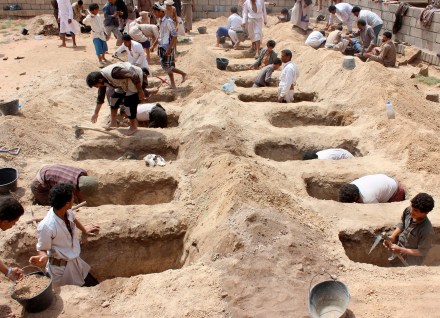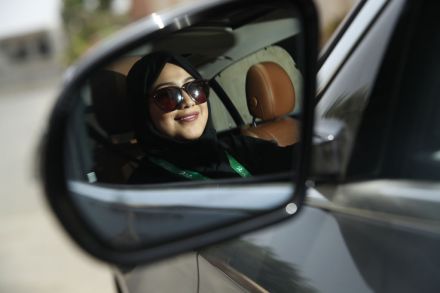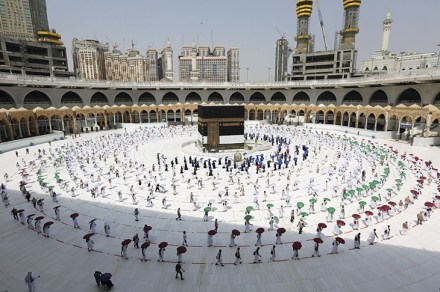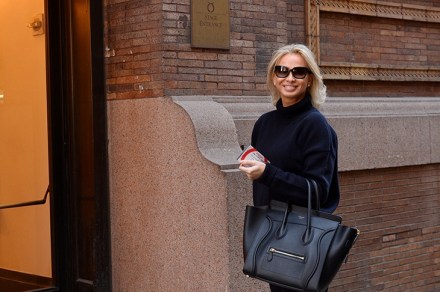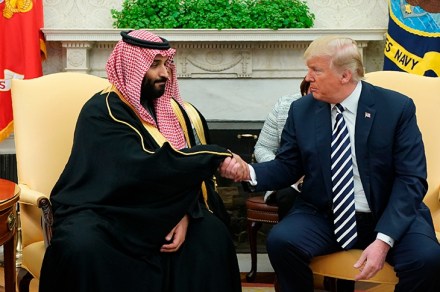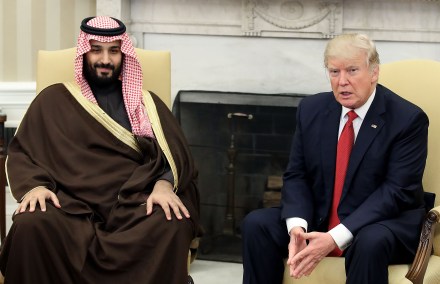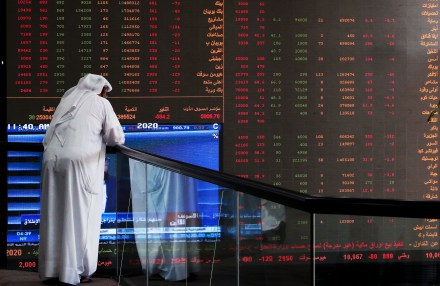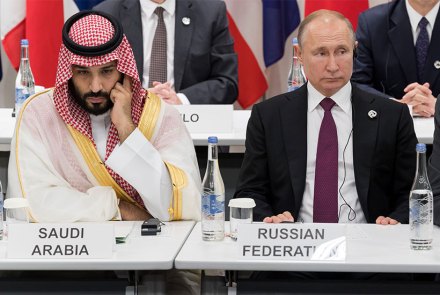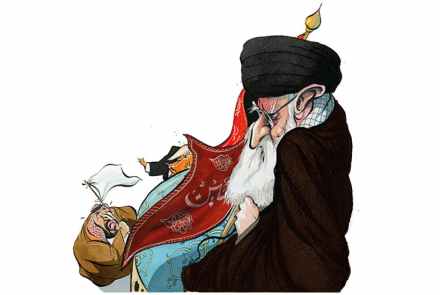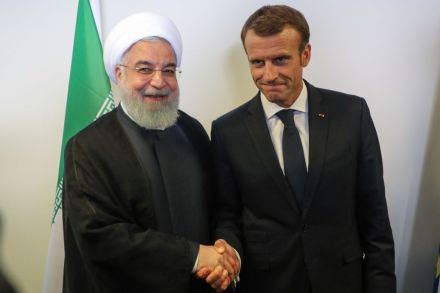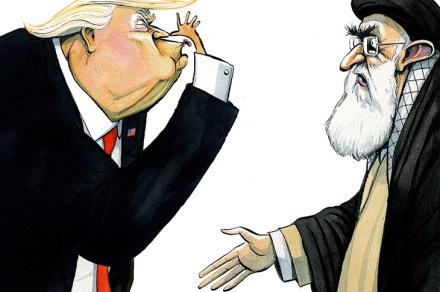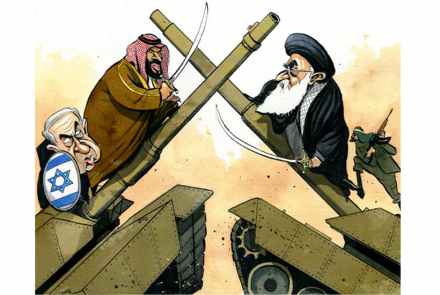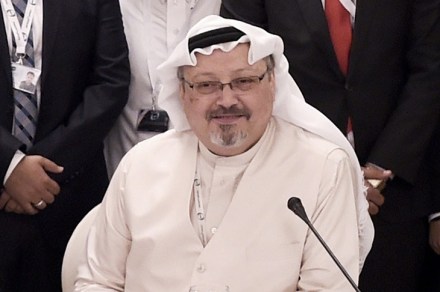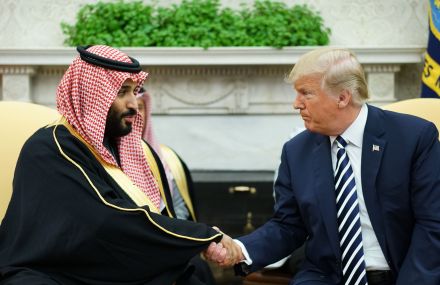The UK must stop arming Saudi Arabia
We have both proudly served Her Majesty’s government — one of us as an army officer and defence attaché to the British Embassy in Saudi Arabia, the other as a lawyer advising successive foreign secretaries on arms exports to Saudi Arabia. We did not undertake this work with illusions about the reality and cost of armed conflict. We did however work on the understanding that the relevant law — including in the Geneva Conventions and long-standing rules on arms exports — would be adhered to by our government. But that is not currently the case, and we are shocked at the British government’s conduct when it comes to arms sales.
